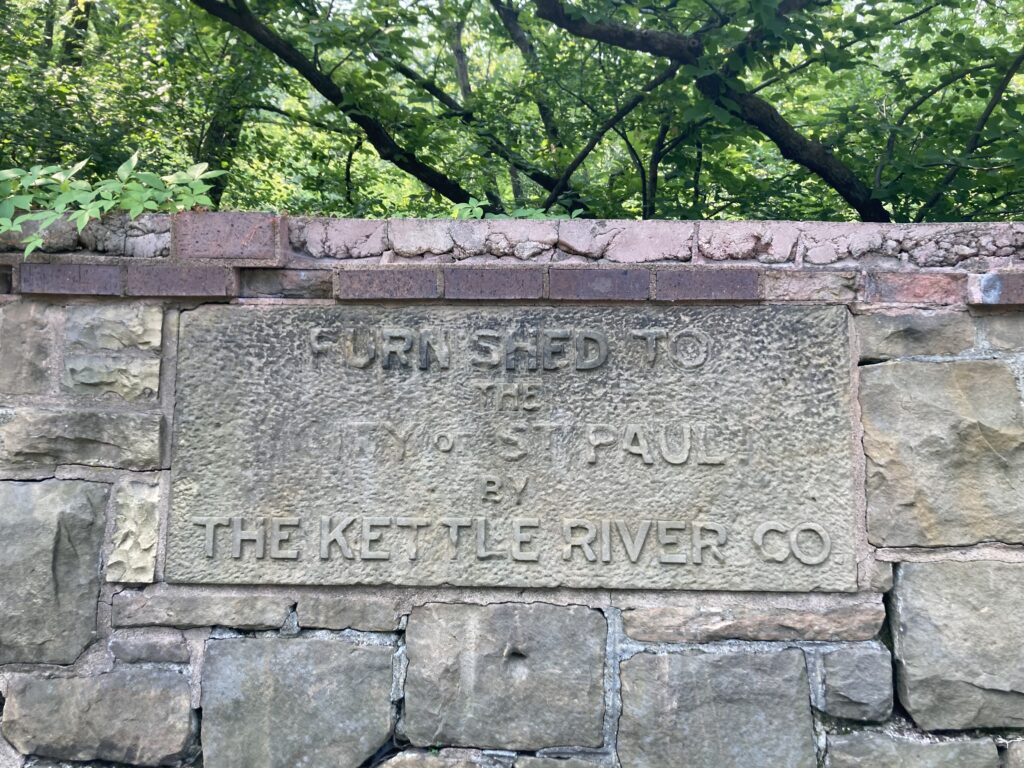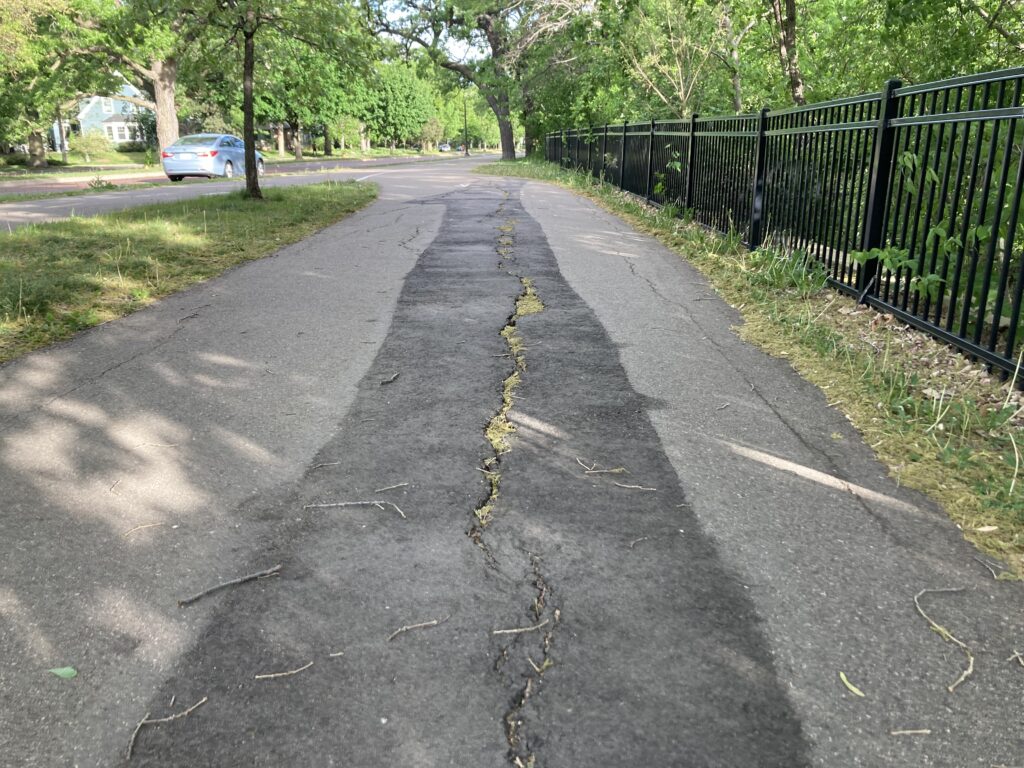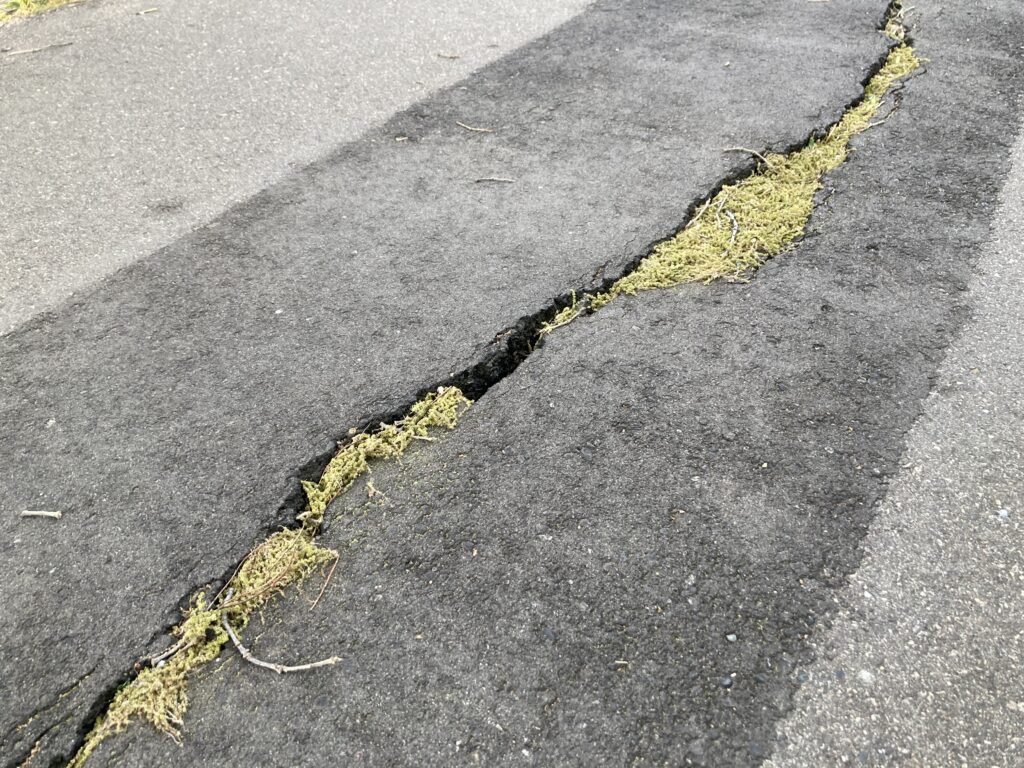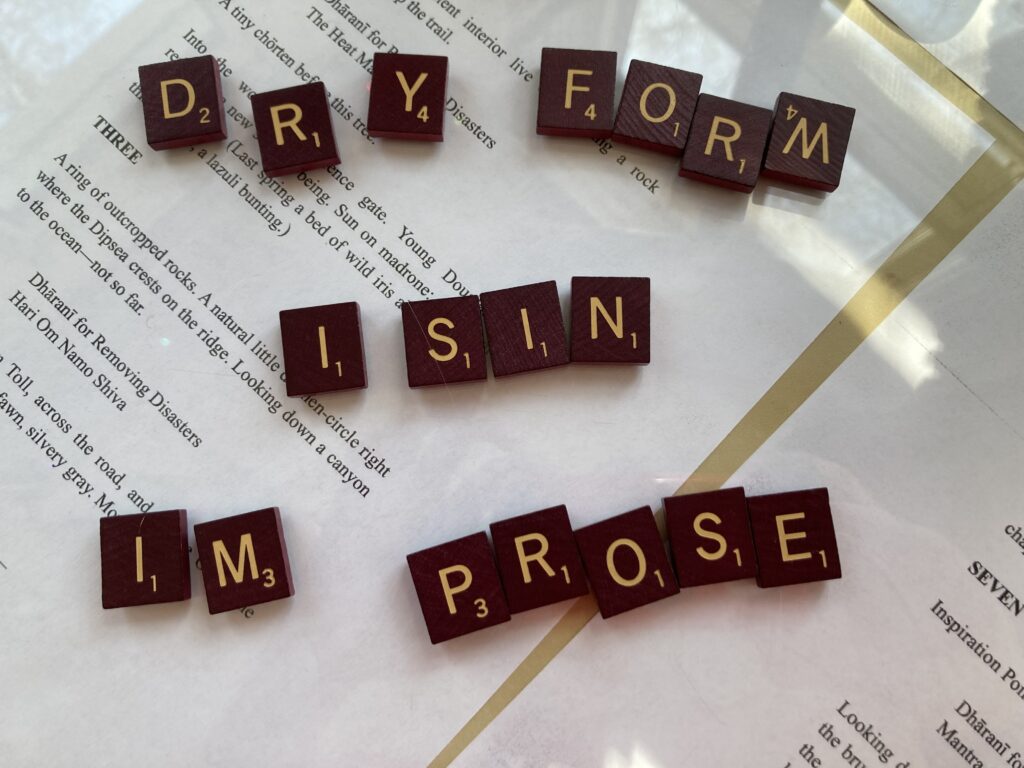a few hours before my swim: just got word, finally, that lake nokomis is reopening after a week of being closed. not because the e-coli was that bad all week, but because they only test it once a week.
5 loops
100 minutes
lake nokomis open swim
80 degrees
A wonderful night for a swim! The water was choppy, but gentle, and never forcing me to alter the side I breathed on. 1 2 3 4 5 right 1 2 3 4 5 left. Before the swim began, I encountered an older man and we talked about how much we love open swim. We agreed: it’s our favorite thing to do. As I started my swim, I thought about this wonderful exchange and this swimmer who loved what he was doing and I was happy.
10 Things
- a plane parallel to the water, flying low but not too low
- a dragonfly just above the surface
- a distant swan boat
- my sparkle friends were moving fast and into me as I swam
- thick, murky water
- seagulls
- ducks — quack quack
- the long, low light heading back to the big beach
- the alert on my watch beep beep beeping underwater at the end of a loop — was it a reminder about the amber alert we got earlier today — did other people hear it under water?
- more ghostly vines, one wrapping around my foot
I recited Mary Oliver’s, “Swimming, One Day in August” and felt the deepening and quieting of my spirit. Peaceful, calm, relaxed, in my element.
This entire poem is fire, but for the sake of space I’ll just the pertinent section in today’s entry:
from Swimming Chenango Lake/ Charles Tomlinson
There is a geometry of water, for this
Squares off the clouds’ redundancies
And sets them floating in a nether atmosphere
All angles and elongations: every tree
Appears a cypress as it stretches there
And every bush that shows the season,
A shaft of fire. It is a geometry and not
A fantasia of distorting forms, but each
Liquid variation answerable to the theme
It makes away from, plays before:
It is a consistency, the grain of the pulsating flow.
geometry: the shape and relative arrangement of the parts of something / relationship of points, lines, surfaces, angles
geometry and not
distorting form — angles and points and lines off due to water and unreliable vision
Thinking about geometries of water and Anne Carson’s anthropology of water and the relationship of points, lines, surfaces, angles. Suddenly remembered a reference to geometry that I’d like to experiment with:
“Closed because geometric mean of E. coli exceeds 126 MPN/100 mL“
It’s the message on the parks lake water quality map, explaining why the beach is closed. Will it reopen in time for tonight’s open swim? I hope so!
Geometric mean, what’s that? While Minneapolis Parks doesn’t explain, I found another site with some helpful information: E-coli Open Water Data
- tests take 24 hours to process, that’s why I’m still waiting for the results to show up now, even though they tested yesterday (could this 24 hours be another example of swimming, one day in august?)
- MPN = most probable number
- this site is out of Toronto so it gives the acceptable rates for Canada. In Canada, it’s under 200 MPN, which is higher than here in Minneapolis: 126
- e-coli stands for Escherichia coli
I asked FWA — my science guy — what the geometric in geometric mean means and he explained it this way: they make an imaginary grid for the lake and then take samples from different sections of the grid, then they average those samples to get the MPN/ML number. So geometric = grid
The grid makes me think of my vision and the visual field test and the amsler grid and imagining the lake as a grid with different sections of it muted or extinguished or replaced with other sections of the grid that I can actually see.
And now I’m thinking about the geometric ways in which I approach swimming in the lake:
- angles
- trajectories
- following a line, working to understand that relationship between points and surfaces (swimmers’ hands piercing the water and plotting my course with glitter)
- lines and angles (wider angles to achieve distance from other swimmers, to find the buoy without seeing it)
- lines and surfaces (try to follow a line that cuts across a wave/swelled surface instead of directly into it)
- the line of the rope tethered to the buoy and a weight, anchoring the buoy
- the angle of that rope line
- how the angle of the sun and the angle of the buoy determine how likely I am to see it and how much orange is reflected on the surface of the water
- the angle of the lifeguards in relation to the angle of my projected path, how the difference between these angles affects how straight I swim
- same with the angle of other swimmers’ paths
- the sharp angles of prickly vines
- parallel lines: water and airplane, kicking feet, body and bottom, body and big beach
- perpendicular lines: water and light pole
- buoys as balls, spheres, orbs
- buoys as cylinders
- buoys as equilateral triangles
- angles of elbow, the arc of an elbow’s path from out of the water to back in
- grid quadrants: 1. from big beach to little beach, 2. from little beach to middle green buoy, 3. from middle green to final green buoy, 4. from final green buoy to first orange buoy
- rounding the buoy vs. cutting a sharp angle
- coordinate points: hand/water, a swimmer/another swimmer’s toe, orange buoy/surface
More on geometry . . . searched geometry on Poetry Foundation and this was the first result:
Geometry/ Nancy Botkin
All the roofs sloped at the same angle.
The distance between the houses was the same.
There were so many feet from each front door
to the curb. My father mowed the lawn
straight up and down and then diagonally.
And then he lined up beer bottles on the kitchen table.
We knew them only in summer when the air
passed through the screens. The neighbor girls
talked to us across the great divide: attic window
to attic window. We started with our names.
Our whispers wobbled along a tightrope,
and below was the rest of our lives.
slopes angles
distance = feet
lines straight diagonally
screens = grid
divide line bar
We knew them only in summer when the air
passed through the screens. The neighbor girls
talked to us across the great divide: attic window
to attic window. We started with our names.
Our whispers wobbled along a tightrope,
and below was the rest of our lives.
All of this geometry talk has inspired me to craft a sonnet about grids and seeing and the grid in my eye tethered to the grid in the water. I have a first draft that needs a little work. The poem is about how I’ve been using sighting buoys during open swim to learn how to see in new ways, or to function without needing to see things clearly or often. Or, is it about the parallel paths that learning to sight and learning to rarely or unreliably see have taken and how that’s shaped my experiences with vision loss? or, are both of those conclusions too heavy-handed? Should it be stranger?
1
tethers us to each
other — swimming and
vision, buoy and
body, to sight
but rarely see
2
tethers us to each
other — swimming and
vision, buoy and
body, to use sight
to learn how to see
Typing up both of these endings, I like the first one better. I’ll keep thinking about it.



